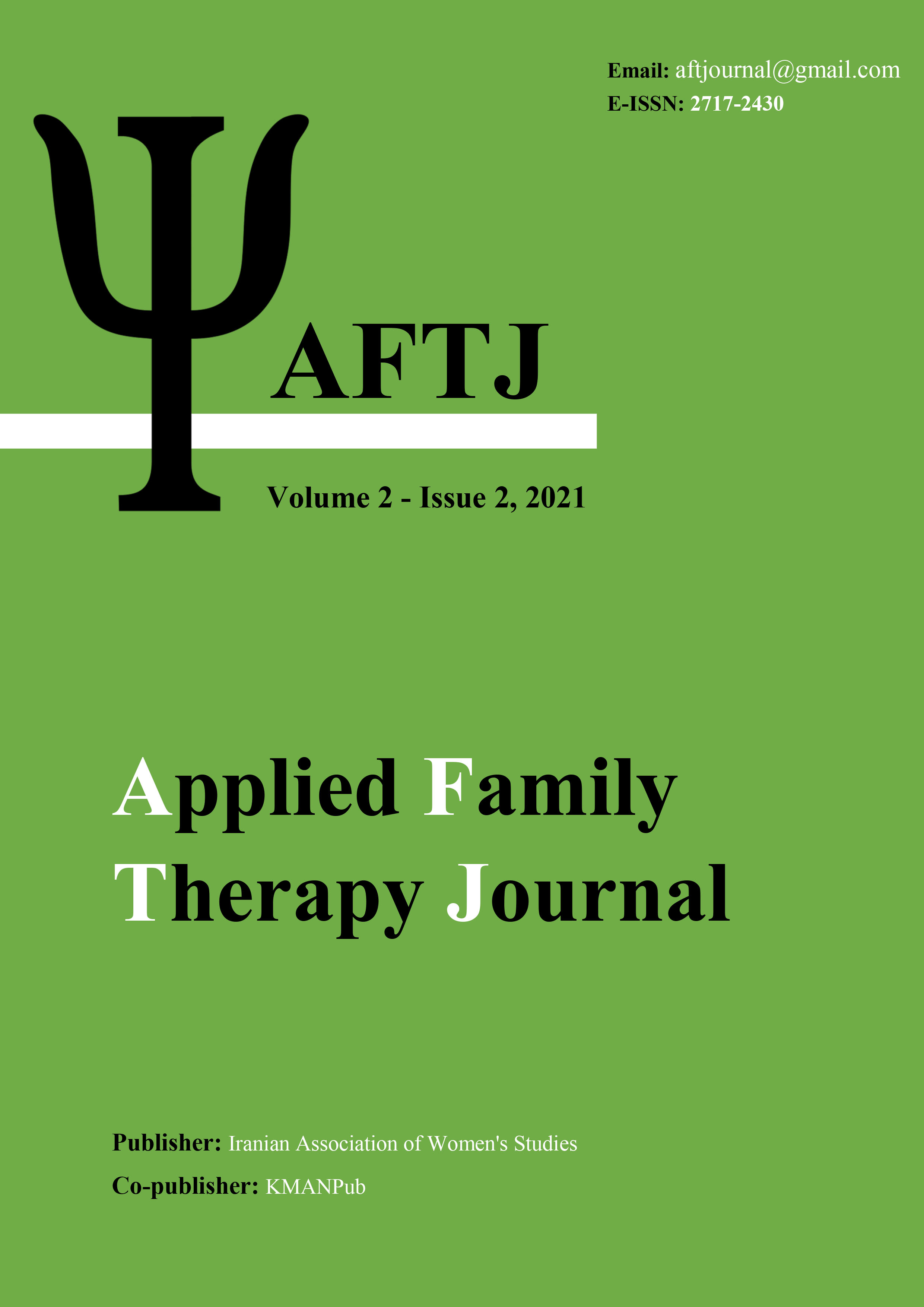The Educational Effectiveness of Positive Psychological Capital in Improving Self-Regulation and Health-Developing Lifestyle in Depressed Adolescent Girls
Keywords:
Psychological capital Positive Self-regulation Lifestyle HealthAbstract
Aim: The present study aimed to determine the effect of positive psychological capital on health-developing lifestyle and self-regulation in depressed adolescent girls. Method: The research was applied in terms of purpose and quasi-experimental in terms of the method with pre-test, post-test, and follow-up design, and a control group. The statistical population of the study consisted of female single and two-grade high school students in Tehran in the academic year of 1997-98. They were randomly assigned to two experimental groups (15 girls) and a control group (15 girls). The experimental group received eight 90-minute sessions in a training-based intervention group based on the psychological capital questionnaire by Luthans and Youssef (2004). We analyzed data using the repeated-measures analysis of variance. Results: The results indicated that the positive psychological capital intervention affected health lifestyle (F=5.32, and P=0.029), the total score of motivational strategies for learning (F=6.74 and P=0.015), motivational beliefs (F= 4.65, and P=0.040), and self-regulation learning strategies (F=5.82, and P=0.023). The effect was stable in the follow-up phase. Conclusion: The results of the present study indicated that eight sessions of positive psychological capital could significantly increase self-regulated learning strategies in adolescents, thereby improving the adolescent health-developing lifestyle. Due to the effectiveness of this therapy, we suggest its extensive use.
Downloads
Downloads
Published
Issue
Section
License

This work is licensed under a Creative Commons Attribution-NonCommercial 4.0 International License.





















